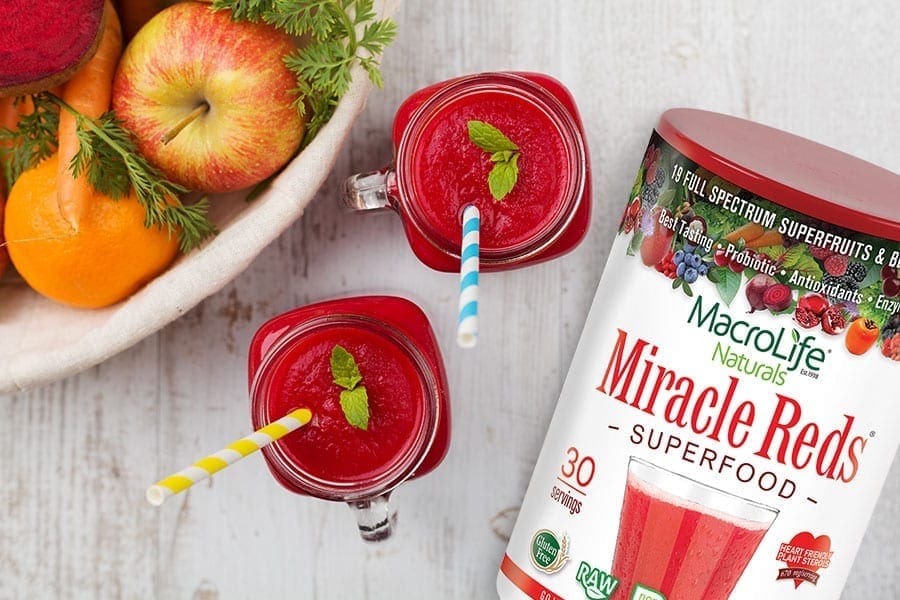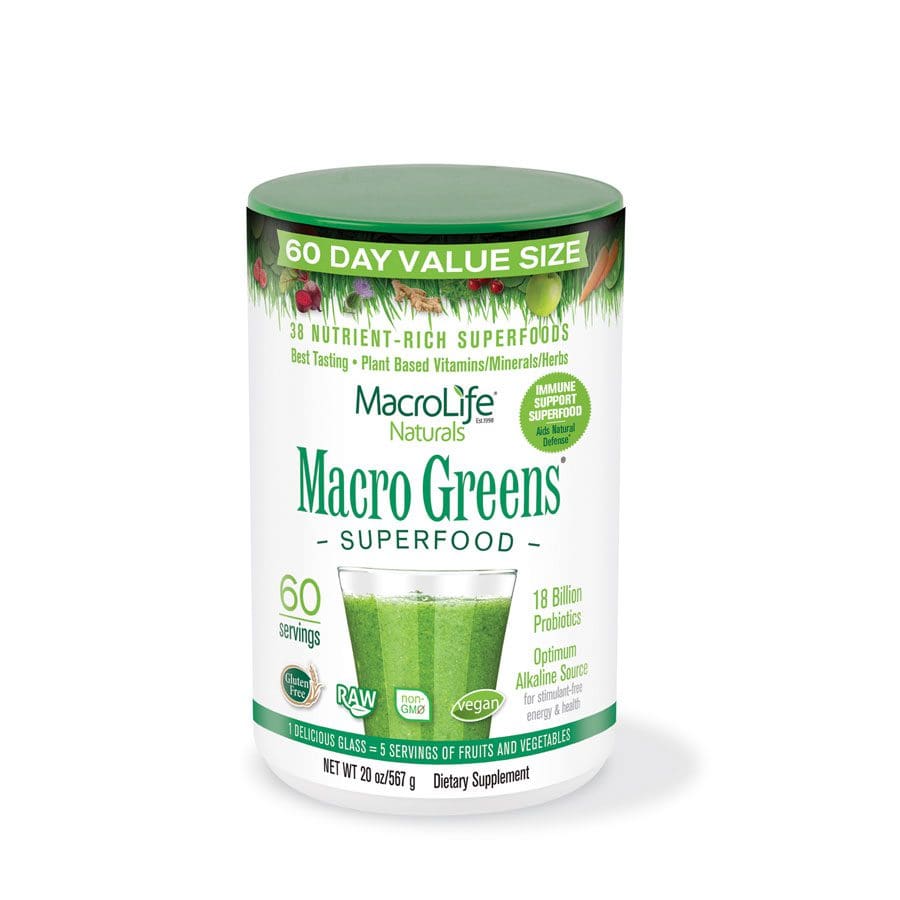Bags, Sags and Wrinkles Oh My!
Hold Back the Years with Remarkable Antioxidants
 Let’s face it. Aging is not pretty!
Let’s face it. Aging is not pretty! But it is heck of a lot easier to take when you age gracefully. I like to think of graceful aging as when a person fully accepts the inevitable aging process, and then intelligently delays it with a bag of natural health tricks that work!
What’s in your healthy bag of tricks? Of course, most of us know the tenets of good health—regular exercise, plenty of sleep and a healthy diet—which all support healthy aging internally and externally.
But I’ve got one more for you that provides powerful support in holding back the years – antioxidants!
Yes, ANTIOXIDANTS
If you want to maintain healthy, gorgeous skin and hair for the long haul, plus support your body’s cellular health – be sure to get plenty of these anti-aging wonder micronutrients in your diet and supplement program.Eating antioxidant-rich foods and supplements regularly is a great age-combating action that most anyone can do. And doing so will likely make you feel great because nature tends to hide antioxidants in—colorful fruits and vegetables, nutritious fish, nuts and whole grains.
About Antioxidants
To understand antioxidants, you first have to know what free radicals are. Free radicals can be an atom or a group of atoms with an unpaired electron, often formed when oxygen that interacts with certain molecules. They are highly unstable and reactive. They can start a chain reaction and cause damage to cellular components such as the cell membrane or DNA. Environmental toxins such as tobacco smoke, radiation (including radiation from the sun and cell phones) and poor diet can cause free radicals in the body. Yet, certain bodily functions such as when your body breaks down food or even when doing something positive, like exercise, generate free radicals. Free radical damage translates to more wrinkles. Free radicals are the enemy!Antioxidants are the good guys. Antioxidants occur naturally in the body and you also get them from foods you may consume. Antioxidants are the good guys. They provide protection against the effects of damaging free radicals in your body, including your skin. They act as free radical scavengers, using electrons to neutralize and “mop up” free radicals, preventing them from damaging your cells. Quick Example: What happens when you cut an apple and leave it on the counter? Answer: it turns brown, right? But what happens when you add lemon juice to the cut apple…it doesn’t turn brown. Why? Because the antioxidants/Vitamin C in the lemon juice protect the apple. That’s what they do in your body, they protect your cells from free radical damage. Thank goodness for antioxidants!
Many studies have confirmed the benefits of antioxidants and the role they play in maintaining good health and reducing your risk of a number of diseases. Antioxidants can help slow down the aging process, which can have immense effects on your skin health. That’s the great news.
Getting Antioxidants
If you want to support healthy, glowing skin and your own vitality, choose foods and supplement ingredients with high ORAC values. ORAC is the acronym for Oxygen free-Radical Absorbance Capacity. ORAC is an in vitro test that attempts to quantify the "total antioxidant capacity" of a food by placing it with certain molecules that generate free radical activity and other molecules that are vulnerable to oxidation.After a certain amount of time, how well the sample is protected the vulnerable molecules from oxidation by the free radicals is measured. The less free radical damage there is, the higher the antioxidant capacity of the test food. Pretty simple. Foods with high ORAC values include: most berries and super fruits like acai, mangosteen and goji, and plant and herbal extracts such as turmeric, grape seed and green tea.
But sometimes finding and consuming all that fruit—especially some of the tropical super fruits, and antioxidant extracts can be challenging. That’s why supplements can be a great option.
 In fact, we created Miracle Reds specifically to deliver a full spectrum of powerful antioxidants to the body. It’s essentially a super fruit blend of blueberries, boysenberries, elderberries, blackberries, and red raspberries combined with green tea, grape seed extract, pomegranate, acai, mangosteen, goji and much more. It’s literally packed with antioxidants proven to help mop-up unstable free radicals that damage cells.
In fact, we created Miracle Reds specifically to deliver a full spectrum of powerful antioxidants to the body. It’s essentially a super fruit blend of blueberries, boysenberries, elderberries, blackberries, and red raspberries combined with green tea, grape seed extract, pomegranate, acai, mangosteen, goji and much more. It’s literally packed with antioxidants proven to help mop-up unstable free radicals that damage cells. All of Miracle Reds’ ingredients are high in polyphenols, carotenes, and phytonutrient antioxidants—compounds sorely missing in typical diets.






